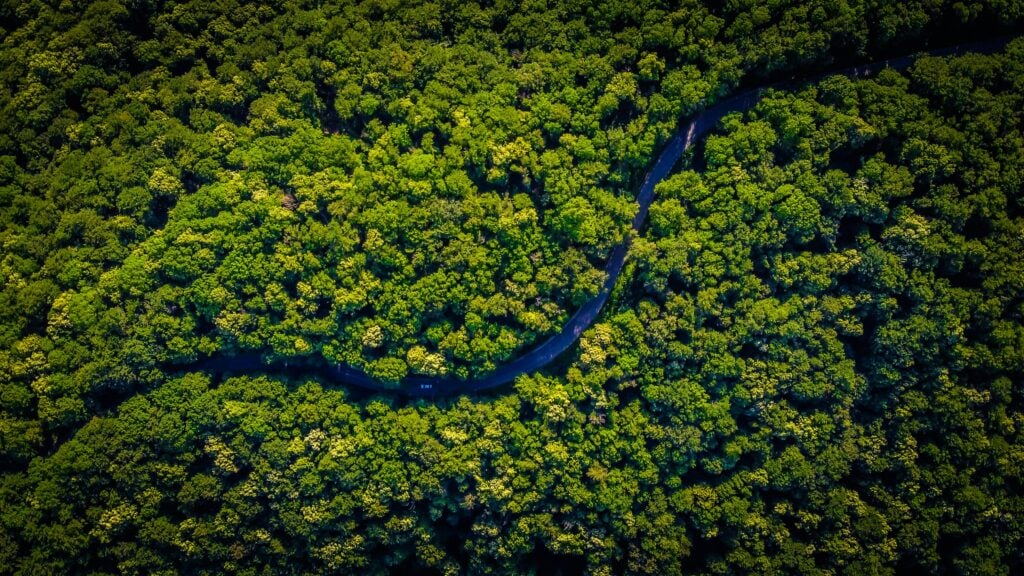COP30 Begins: Culture, Adaptation, and Information Integrity are Key Themes for the Library Field
10 November 2025
For the next two weeks, climate policymakers and activists are coming together in Belém, Brazil for the 30th UN Climate Change Conference (COP30).
IFLA has been working for the past years to help the global library field advocate for their place in the fight against climate change. So what have the successes been, and what does that mean in the context of the negotiations at COP30?

Culture on the Action Agenda
Cultural heritage (including cultural institutions like libraries) has been noticeably under-recognised in climate negotiations, especially regarding their role in enabling climate action and adaptation.
A major victory at COP28 in 2023 was the inclusion of culture and heritage as a part of the Global Goal on Adaptation. This means that, as a part of upholding the Paris Agreement, effort should be taken to enhance adaptation capacity, to reduce vulnerability and build resilience for the cultural field to withstand climate change.
The Action Agenda is the pillar of the Climate Convention that brings together civil society, business, cities, states, and countries to fulfil the Paris Agreement – including by powering adaptation.
COP30 is a major moment for the Action Agenda. The Brazilian Presidency proposes a solutions-oriented framework (explore it here) that will span six major thematic pillars and thirty key objectives, rallying all stakeholders around accelerating action.
IFLA invites libraries around the world to take part.
Fostering Human and Social Development
What does it cover?
This pillar includes two objectives that are of interest to the library field:
- Education and capacity building to address climate change
- Culture, cultural heritage protection and climate action
What is IFLA doing?
- IFLA continues our work on Action for Climate Empowerment. Read our research on the State of Library Engagement in Climate Education and Communication for more information and ideas.
- IFLA HQ is a member of the international Activation Group for this objective on culture and heritage. We are contributing to a collaborative Plan to Accelerate Solutions that will explore narratives and storytelling as catalysts for climate action.
- IFLA is also collaborating on a Plan to Accelerate Solutions in which we will explore how we can help libraries around the world adapt and build resilience to the changing climate. If this sounds like something that you are interested in, stay tuned for more coming soon!
Cross-cutting Enablers
What does it cover?
This pillar covers many topics that help accelerate finance, technology and capacity building. Especially interesting to the library field is the objective on Information integrity in climate change matters.
What is IFLA doing?
- Information integrity in general is an important issue for libraries, and we contributed to the consultative process on developing the UN Global Principles for Information Integrity.
- We are also a member of the international Activation Group for this objective, and have signed on to the Climate Action Against Disinformation (CAAD) Open Letter calling on the global community to take immediate action on information integrity.
Over the course of COP30, we will be sharing more updates, resources, and interactive activities you can use to get involved in Information Integrity for Climate Change.
Stay tuned for more!
Contact: Claire McGuire, [email protected]